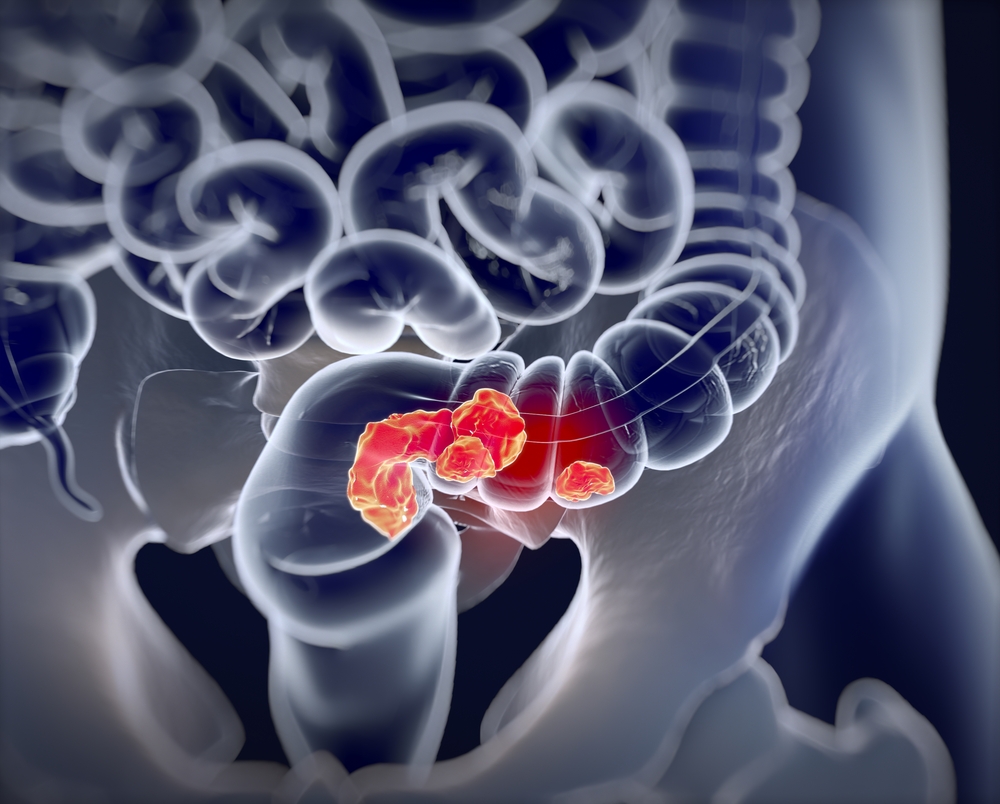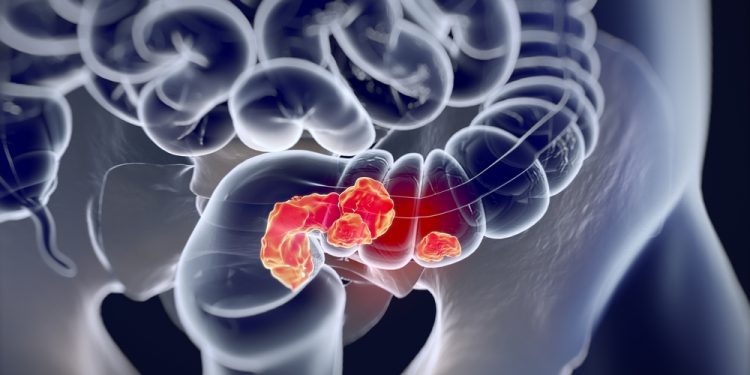Achlorhydria is a condition that causes a lack or reduced secretion of hydrochloric acid in the stomach. This acid is necessary for digestion and the immune system. This can be a sign of a number of health conditions, including autoimmune disorders, gastritis and pernicious anemia.
Causes of Achlorhydria
The most common cause of achlorhydria is infection with the bacteria Helicobacter pylori. Infection with this bacteria can cause stomach pains and a decrease in hydrochloric acid. It has also been linked to gastric cancer, so it’s important to have the condition treated if you think you may have it.
Some medications can also cause achlorhydria, including antacids and proton pump inhibitors (PPIs). If you take these drugs for heartburn or other digestive problems, you’ll need to see your doctor about a possible diagnosis of achlorhydria and a treatment plan.
Surgery can also lead to achlorhydria because it lowers the amount of hydrochloric acid in your stomach. This can happen if you undergo a procedure like a gastric bypass. This surgery removes the largest part of your stomach, so it doesn’t produce as much hydrochloric acid.
Hypothyroidism can also lead to achlorhydria, since the thyroid gland plays a role in acid production. People with hypothyroidism often develop gastrointestinal symptoms and other problems, including aching stomachs and diarrhea.
Autoimmune diseases can also lead to achlorhydria, as can certain types of cancers. If you have an autoimmune disorder or have had any type of cancer, it’s important to tell your doctor about the symptoms you experience.

Vitamin deficiencies can also lead to achlorhydria, because it’s harder for the body to absorb iron. Taking a vitamin supplement can help you overcome this issue.
Other possible causes include obesity, a thyroid problem, radiation to the stomach, and eating too many spicy foods. Some people with achlorhydria also have other medical conditions that cause them to lose acid, such as diabetes or Parkinson’s disease.
Symptoms of Achlorhydria
The symptoms of achlorhydria are usually mild and include digestive problems, such as nausea, bloating and gas. They can also be accompanied by a lack of energy, weight loss and fatigue. These symptoms can affect the way you eat and can make it difficult for you to get enough sleep.
A doctor will examine your health history and perform a physical exam to check for any signs of a gastrointestinal condition or underlying issue. They’ll also test your blood for any changes in your acid levels or the amount of hydrochloric acid your stomach is producing.
Your doctor will also give you a test to determine the pH of your stomach. The higher the pH of your stomach, the more hydrochloric acid it produces. This test can also be used to measure the level of gastrin in your body.
In addition, your doctor may have you take a hydrogen breath test to find out whether there is any bacterial overgrowth in your stomach. If so, a bacterial antigen test can be performed to identify any bacterial infections.









